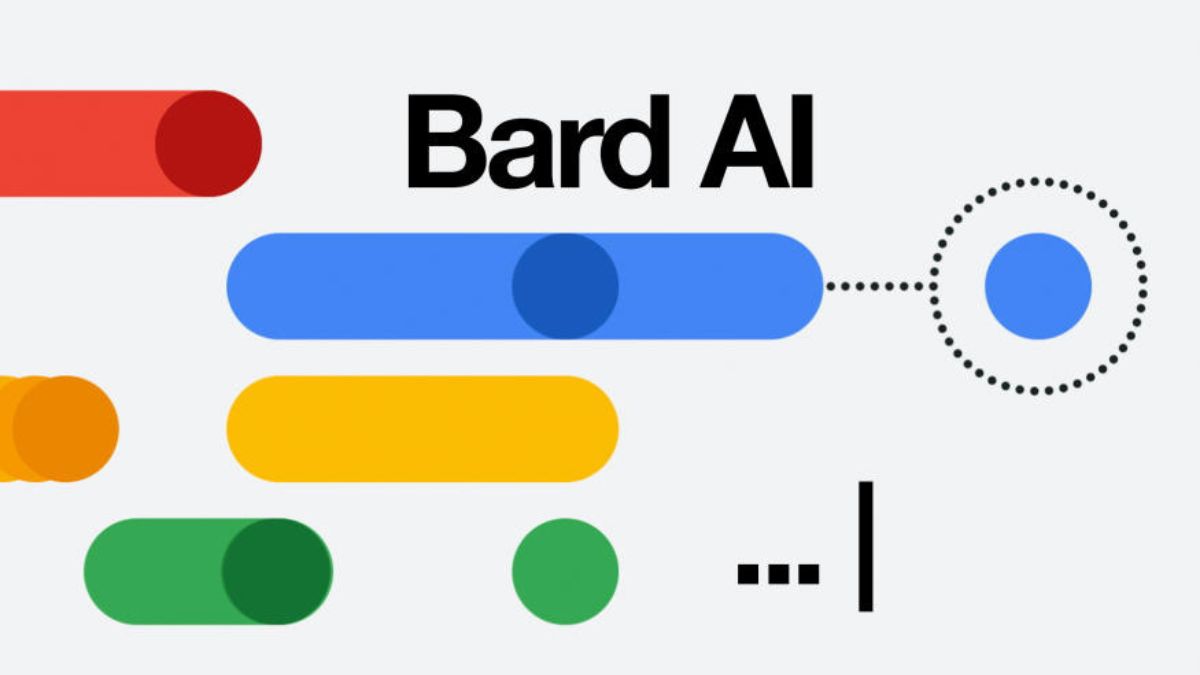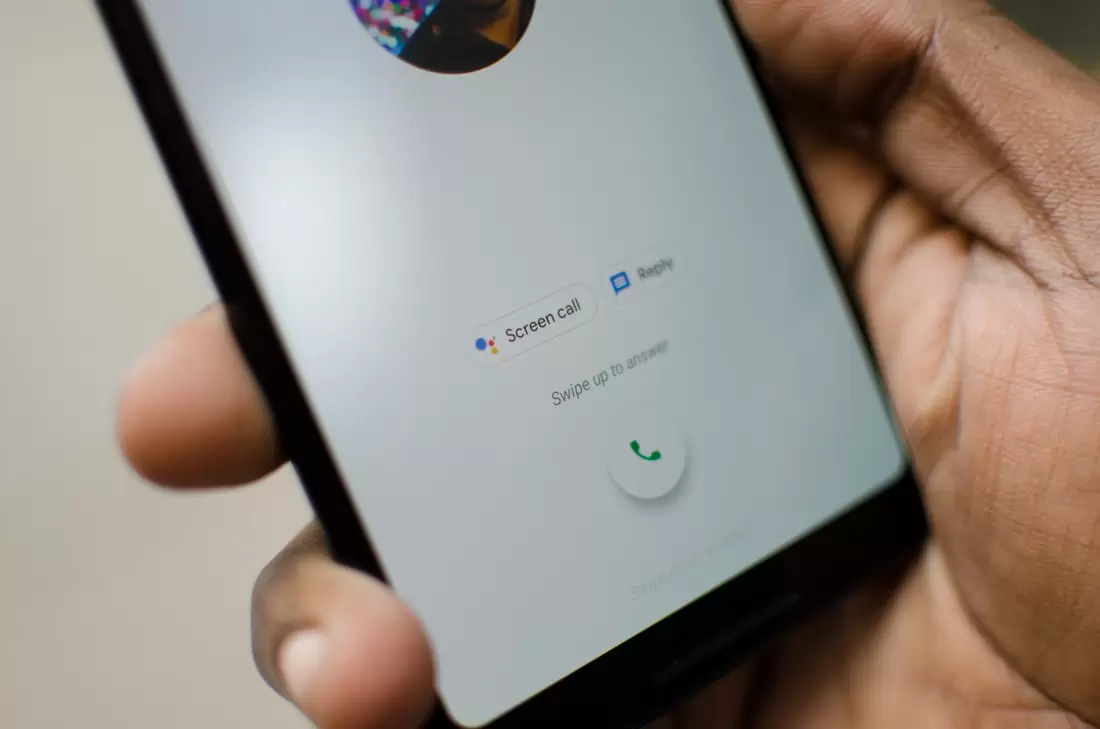|
Google's AI chatbot, Bard, has recently received a significant update that brings exciting new features and expands its capabilities. With support for 40 languages, including nine Indian languages, and the ability to understand picture prompts, Bard is becoming more versatile and user-friendly. In addition, Google has introduced options to fine-tune Bard's responses, pin threads for easy access, and share Bard chats with others.
Comments
Red Hat, the open-source giant, recently stirred the software pot with a brand-new source code policy. Sounds exciting, right? But hold your horses! Not everyone is doing the happy dance. This hot-off-the-press policy has sparked off a wildfire of controversy that's spreading fast and wide. So, what's all the fuss about? This article aims to serve up a deep dive into the nitty-gritty of this policy and its implications. We'll explore why Red Hat is under fire, what it means for you, and everything in between. So buckle up, it’s time to dig in!
Google has recently made a quiet yet significant move by commencing beta testing for an upgraded version of Pixel Call Screen. This update promises improved functionalities and the potential integration of conversational AI. The beta program, officially announced by Google in mid-May, aims to enhance user experience and combat the nuisance of robocalls.
The French government has recently proposed amendments to a law that has stirred up controversy and sparked concerns among privacy advocates. This proposed legislation would grant law enforcement and investigating agencies the power to spy on individuals through their smartphones and electronic devices. As part of a broader Justice Reform Bill, the French National Assembly passed this bill, allowing the police to remotely activate cameras, microphones, and GPS location systems on the phones and devices of individuals under surveillance. While the aim may be to enhance security and combat crime, it has raised questions about the balance between privacy and public safety.
Fairphone, a leading advocate for ethical and sustainable smartphone production, has made significant strides in creating repairable smartphones sourced from ethically responsible materials. However, until recently, these devices have been primarily accessible in Europe, leaving consumers outside the region with limited options. The good news is that Fairphone has joined forces with Murena, renowned for its open-source software promoting privacy, to introduce the Fairphone 4 to the US market. This groundbreaking collaboration offers American consumers a sustainability-focused Android phone, free from Google's native apps and the associated data collection and targeted advertising.
Mark Zuckerberg's Meta has unveiled its latest venture aimed at challenging Twitter's dominance in the realm of public conversations. Threads, the new app connected to Instagram, has generated significant buzz and is poised to become a formidable contender in the social media landscape. This blog explores the features of Threads, Meta's strategic timing, the turmoil at Twitter, and the potential implications of this rivalry.
Elon Musk, the influential CTO and owner of Twitter, has once again caused a stir in the social media world. In a surprising move, Musk recently tweeted about implementing strict limitations on the number of tweets users can read. Coinciding with this announcement, reports surfaced that Twitter has been refusing to pay its Google Cloud bills, leading to concerns regarding the platform's trust and safety operations. In this blog post, we will explore the details surrounding Musk's tweet restrictions, the potential impact on Twitter, and the possible connection to the unpaid Google Cloud bills.
|
Archives
July 2024
Categories
All
|







 RSS Feed
RSS Feed